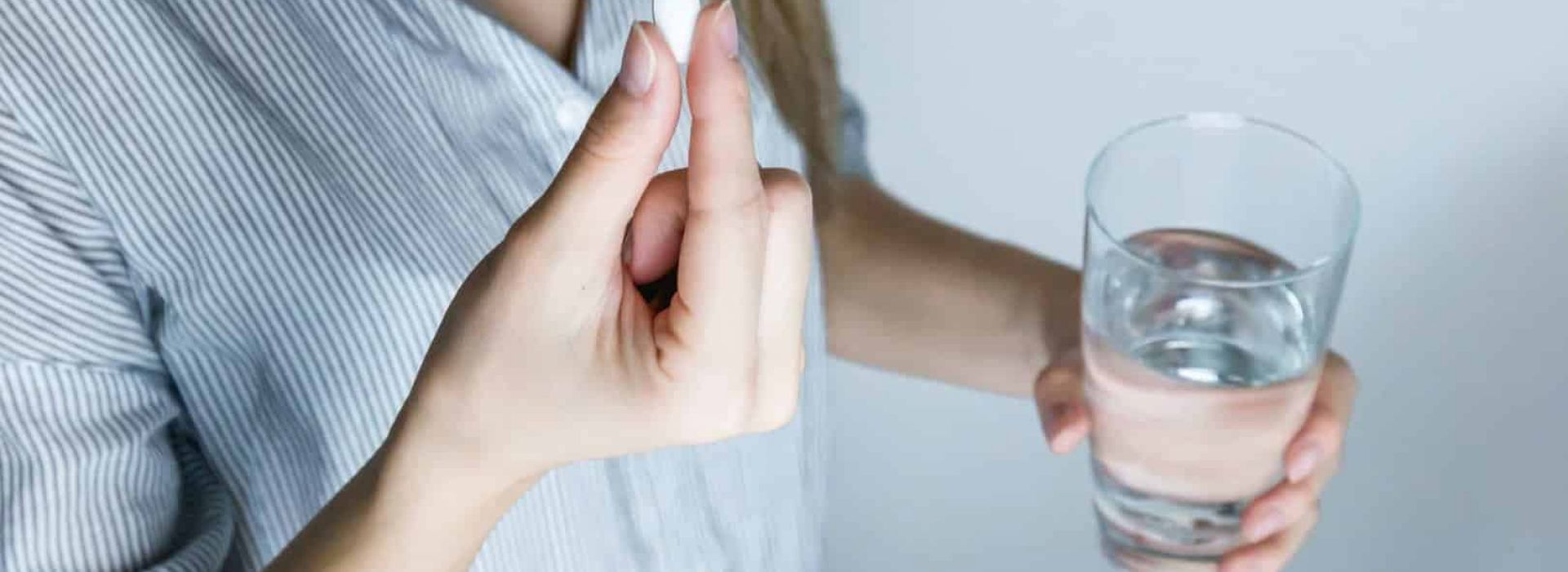What to Know About Medication-Assisted Treatment (MAT)

Medication-Assisted Treatment for Addiction
Medication-assisted treatment (MAT) is the use of medications, in combination with counseling and other therapies, to provide a “whole-patient” approach to the treatment of substance use disorders. The goal of MAT is to help people who are struggling with addiction to gain control of their substance use, reduce their risk of relapse, and improve their overall health and quality of life.
Some commonly used medications for the treatment of addiction include methadone, buprenorphine, and naltrexone. These medications work by interacting with the brain’s reward system to reduce cravings and diminish the effects of the addictive substance. They can be an effective tool in helping people to recover from addiction and maintain long-term abstinence.
What Medications are Used in MAT?
There are several medications that are commonly used in medication-assisted treatment (MAT) for addiction. These include:
Methadone
Methadone is a long-acting opioid agonist medication that is used to treat addiction to opioids such as heroin and prescription painkillers. It works by activating the same brain receptors as other opioids, but to a lesser extent, which can help to reduce cravings and withdrawal symptoms.
Buprenorphine (Suboxone)
Buprenorphine is a partial opioid agonist that is used to treat addiction to opioids. It works by activating the same brain receptors as other opioids, but to a lesser extent, which can help to reduce cravings and withdrawal symptoms.
Naltrexone
Naltrexone is an opioid antagonist medication that is used to treat addiction to opioids and alcohol. It works by blocking the effects of opioids on the brain, which can help to reduce cravings and prevent relapse.
Acamprosate
Acamprosate is a medication that is used to treat addiction to alcohol. It works by restoring the balance of chemicals in the brain that are disrupted by alcohol abuse, which can help to reduce cravings and prevent relapse.
Disulfiram
Disulfiram is a medication that is used to treat addiction to alcohol. It works by causing unpleasant symptoms (such as nausea, vomiting, and flushing) when alcohol is consumed, which can help to discourage people from drinking.
Do Rehab Centers Allow MAT?
It is common for rehab centers to offer medication-assisted treatment (MAT) as part of their program for the treatment of substance use disorders. MAT combines the use of medications with counseling and behavioral therapies to provide a “whole-patient” approach to the treatment of addiction.
The goal of MAT is to help people who are struggling with addiction to gain control of their substance use, reduce their risk of relapse, and improve their overall health and quality of life.
Some rehab centers may offer a range of medications that are approved for the treatment of addiction, such as methadone, buprenorphine, and naltrexone. These medications can be an effective tool in helping people to recover from addiction and maintain long-term abstinence. Rehab centers may also offer other medications, such as acamprosate and disulfiram, which are specifically used to treat addiction to alcohol.
It’s important to note that the specific treatment options and approaches offered at rehab centers can vary, so it’s a good idea to do your research and find a program that aligns with your needs and goals.
How do I Know if MAT Should be Part of my Treatment?
There are a few key factors that can help you determine whether medication-assisted treatment (MAT) should be part of your treatment plan for a substance use disorder. These include:
- The severity of your addiction: If you have a severe addiction to a substance, MAT may be a more appropriate treatment option. Medications can help to reduce cravings and withdrawal symptoms, which can make it easier to maintain abstinence and focus on recovery.
- Your previous treatment experience: If you have tried other treatment approaches in the past and have not been able to achieve or maintain abstinence, MAT may be worth considering.
- The presence of co-occurring medical or mental health conditions: If you have other medical or mental health conditions that may be contributing to your substance use disorder, MAT may be a helpful treatment option. For example, if you have an opioid use disorder and are also struggling with chronic pain, MAT with an opioid agonist medication like methadone or buprenorphine can help to address both conditions simultaneously.
It’s important to discuss all of your treatment options with a healthcare professional, such as a doctor or a substance abuse counselor, to determine the most appropriate approach for your individual needs and circumstances. For more information about addiction treatment, contact us for a free consultation.

